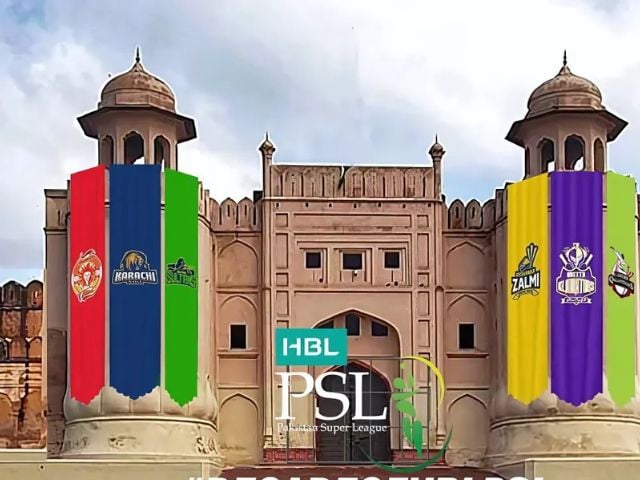Indian sports streaming platform Fancode has abruptly suspended its live broadcasts of the HBL Pakistan Super League (PSL) following the attack in Pahalgam, a town in Illegally Occupied Jammu and Kashmir (IIOJK), Indian media reported on Thrusday.
The decision comes amid escalating tensions between India and Pakistan, with the Board of Control for Cricket in India (BCCI) also announcing it would not engage in any bilateral cricket series with Pakistan, citing the Pahalgam attack as the reason.
Fancode, the exclusive digital streaming partner for HBL PSL in India, had broadcast 13 matches of the ongoing 10th edition of the league before terminating the coverage. The platform has also removed all HBL PSL-related content, including highlights and match videos, from its website and apps.
Sources told Hindustan Times that the decision was taken following the incident in Pahalgam, where Indian authorities claimed 26 tourists were killed in what has been described as a “terrorist attack.” The attack has sparked political fallout, with India taking several diplomatic and economic steps against Pakistan.
The Indian government announced the immediate suspension of the Indus Waters Treaty with Pakistan and ordered Pakistani nationals to leave India within 48 hours. Additionally, the Indian military attaché stationed in Islamabad has been recalled, and the number of diplomatic staff at the Indian High Commission in Pakistan is being reduced. India has also temporarily closed the Wagah border crossing.
BCCI Secretary Devajit Saikia expressed deep sorrow over the loss of innocent lives, stating that the cricket community stands in solidarity with the victims of the Pahalgam tragedy.
In response, Pakistan’s National Security Committee, chaired by Prime Minister Shehbaz Sharif, rejected India’s move to suspend the water-sharing treaty, labeling it an act of aggression. The committee warned that any further provocation would be met with a “strong and immediate response,” declaring that the interruption of Pakistan’s water supply would be considered an act of war.






